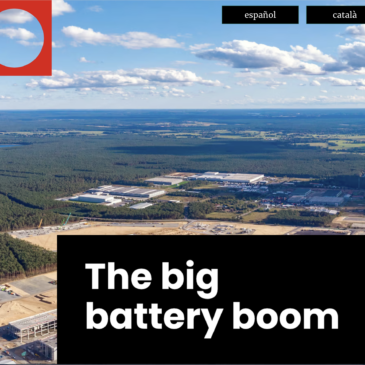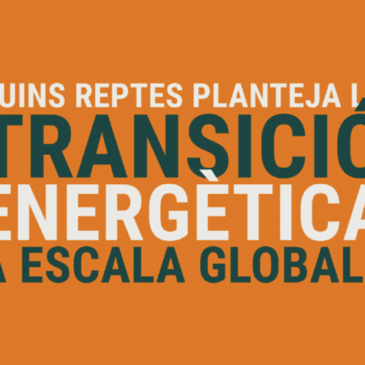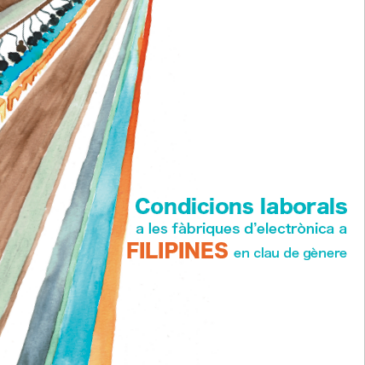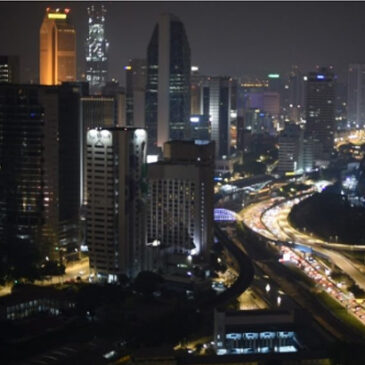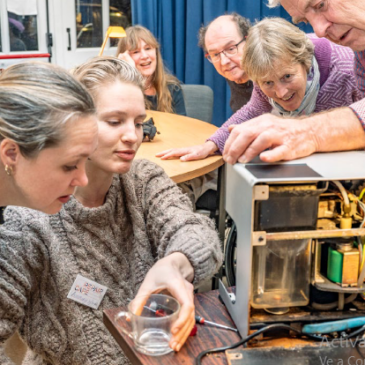THE BIG BATTERY BOOM
Electric cars can play an important role in the transformation of the transport sector towards a fossil free future. But producing batteries for these vehicles comes with serious social and environmental costs. A truly just transformation of transport requires reducing our material footprint. This means focusing on more and better public transport, and fundamentally changing our relationship to cars. Transport plays a key role in the energy transition, as it … Read More

